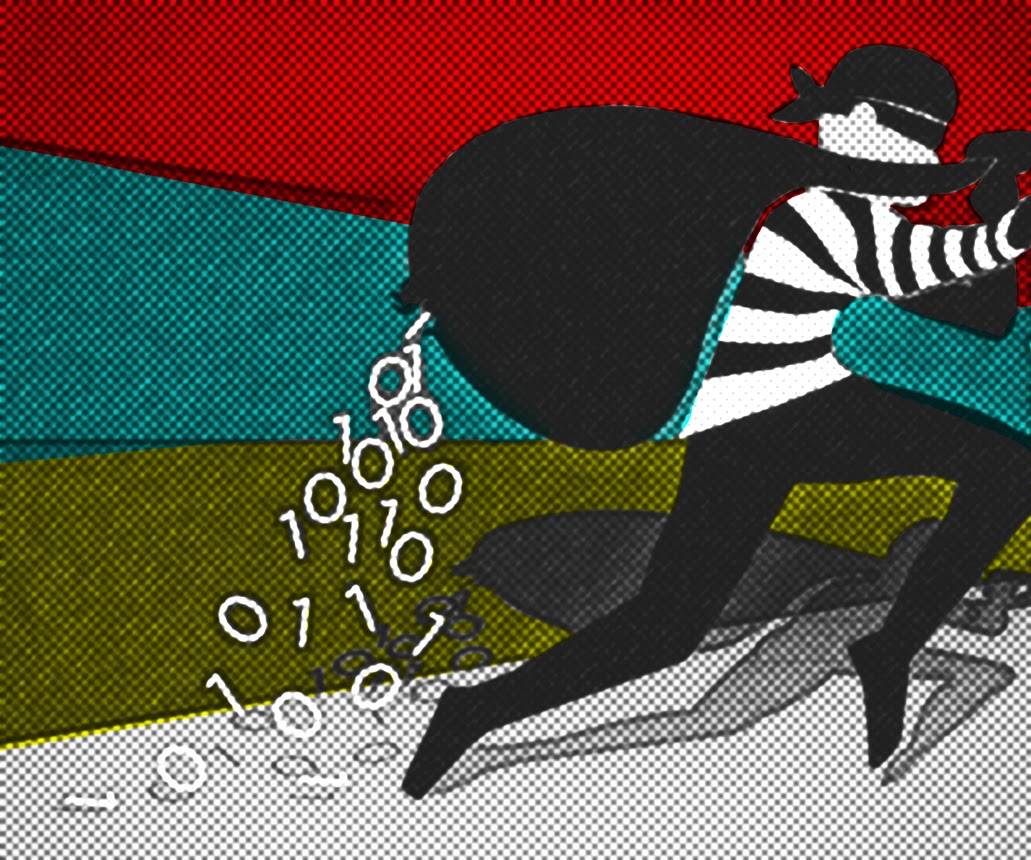It’s been a hectic couple of weeks since I last blogged, mostly due to a combination of returning to work and picking up a rotten cold (sadly, I think the two may be connected). Despite this, I’m pleased to say I’ve still managed to keep most of my campaigning commitments with Bournville Labour and even make time to take part in a planning session for Open Rights Group organisers at BOM on Saturday.
Just say no (to blanket retention of personal data)
Despite everything going on, I came away from the ORG campaign day with a renewed sense of purpose to keep on campaigning for digital rights in the year ahead. This boost probably explains why I’ve just spent some time this evening responding to a somewhat soul-destroying Home Office consultation on a code of practice governing the Investigatory Powers Act, the creepily dystopian surveillance and hacking law which shuffled onto the statute books in late 2016. I’ve posted below the contents of my email below at the bottom of this post, in case anyone is interested in the issues I’ve raised.
Essentially, the consultation is in response to last year’s judgement by the European Court of Justice, which stated that blanket retention of everyone’s personal data was illegal. The court judgement set out restrictions on retaining and accessing personal data, with the aim of making it a targeted system focused on serious crime, and requiring independent authorisation (usually a judge) before authorities can access personal data. Disappointingly but not surprisingly, the Home Office is choosing to interpret the judgement selectively, leaving in place the blanket data retention whilst (grudgingly) conceding the need for independent authorisation.
Stand up for yourself and show solidarity with at-risk groups
Given the well-documented history of surveillance powers being (mis)used against politicians, journalists, activists, whistleblowers and other groups, I encourage you to take part in the consultation and demand that the Home Office honours the court’s judgement and respects our human rights. You’ve got until 11.45pm tomorrow (18 January) to submit your response. click on the link below to speak up.
Rein in the Investigatory Powers Act
Dear Home Office,
This is a response to the consultation on Communications Data code of practice under the Investigatory Powers Act 2016, closing 18 January 2018.
As a UK citizen who believes in the rule of law, I am deeply concerned that you are using this public consultation in order to delay having to implement changes as a result of last year’s ruling of the Court of Justice of the European Union declaring the Investigatory Powers Act’s indiscriminate retention of data illegal.
As well as being concerned about the delay caused by the public consultation, I am also very concerned that you are taking a ‘pick and choose’ approach to the Court of Justice’s ruling. For me, the most important element of the judgement was that it established that indiscriminate retention of personal data illegal. Despite this, you are still proposing to allow blanket retention of everyone’s personal data. By taking this approach I believe you are flying in the face of the court’s judgement and appear to have little or no regard for the rule of law and citizens’ fundamental rights. I urge you to comply with the court’s judgement and end blanket retention.
I am also alarmed that you do not plan to notify people that their personal data has been accessed, even after an investigation has concluded. Given the history of surveillance and anti-terrorism powers being inappropriately used against politicians, journalists, activists, whistleblowers and other groups, I believe introducing a credible notification system is important for rebuilding trust in the system and reducing the likelihood of future abuses. Furthermore, I believe the fact that we as citizens are unlikely to ever know if our personal data has been accessed creates a ‘chilling effect’, whereby just the understanding that authorities could access our personal data with little meaningful oversight discourages citizens from freely expressing themselves.
I read with dismay that you will also not be protecting our personal data by keeping it within the EU. I am particularly concerned that this means you will continue to allow my personal data, along with that of my fellow citizens in the UK, to be transferred to the United States, whose laws afford zero protection to non-citizens’ data. I urge you to reconsider your position and keep personal data within the EU.
Lastly, ask that you adopt a reasonable definition of serious crime so as to ensure authorities adopt a reasonable and proportionate approach to accessing personal data, and which takes proper account of the impact retaining and accessing such data has on our fundamental rights. With this in mind, I ask that you adopt the House of Lords’ definition of serious crime, namely crimes capable of sentences of at least one year, rather than your current, lower, definition of a six month sentence.
I hope that your honour the court judgement and implement it in full rather than the selective approach your current proposals would suggest.
Thank you for your time.
Sincerely,
Francis Clarke





